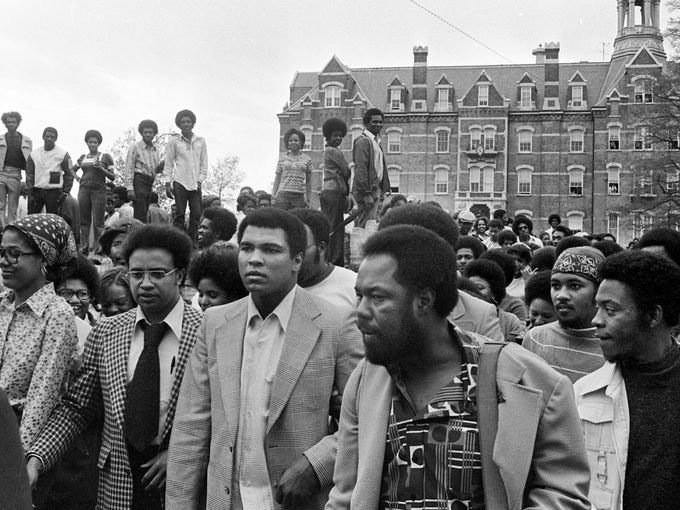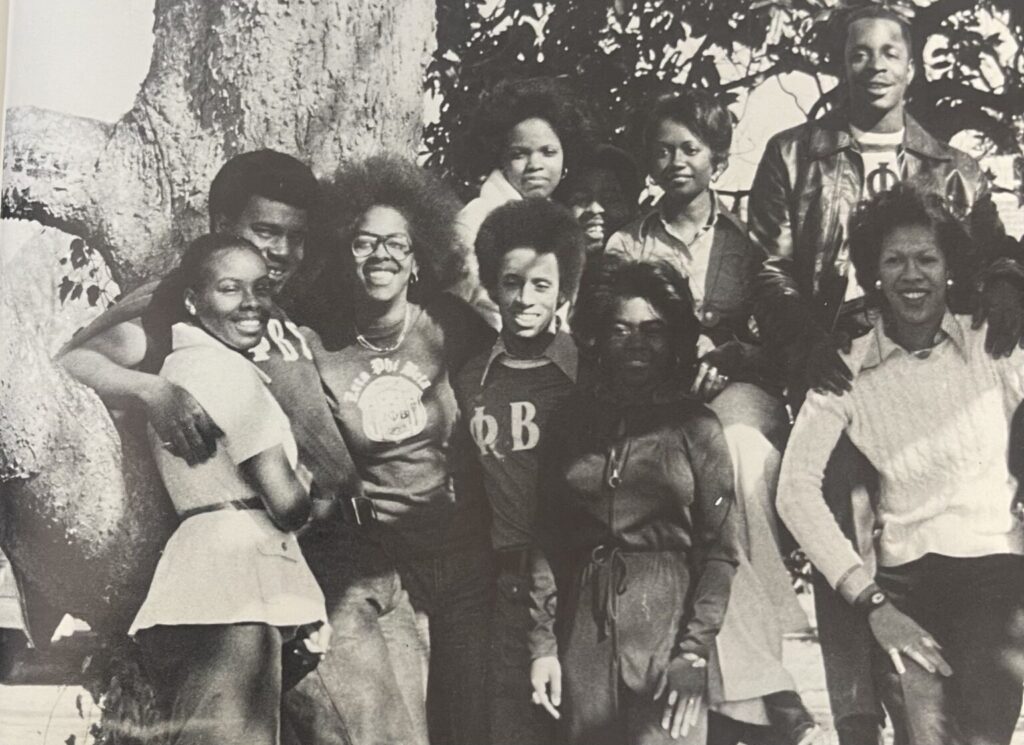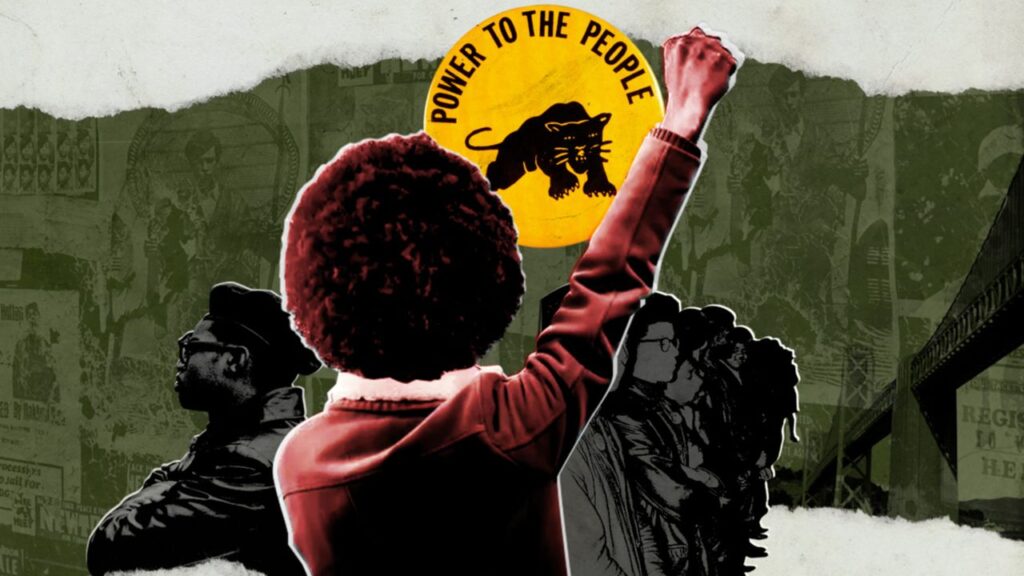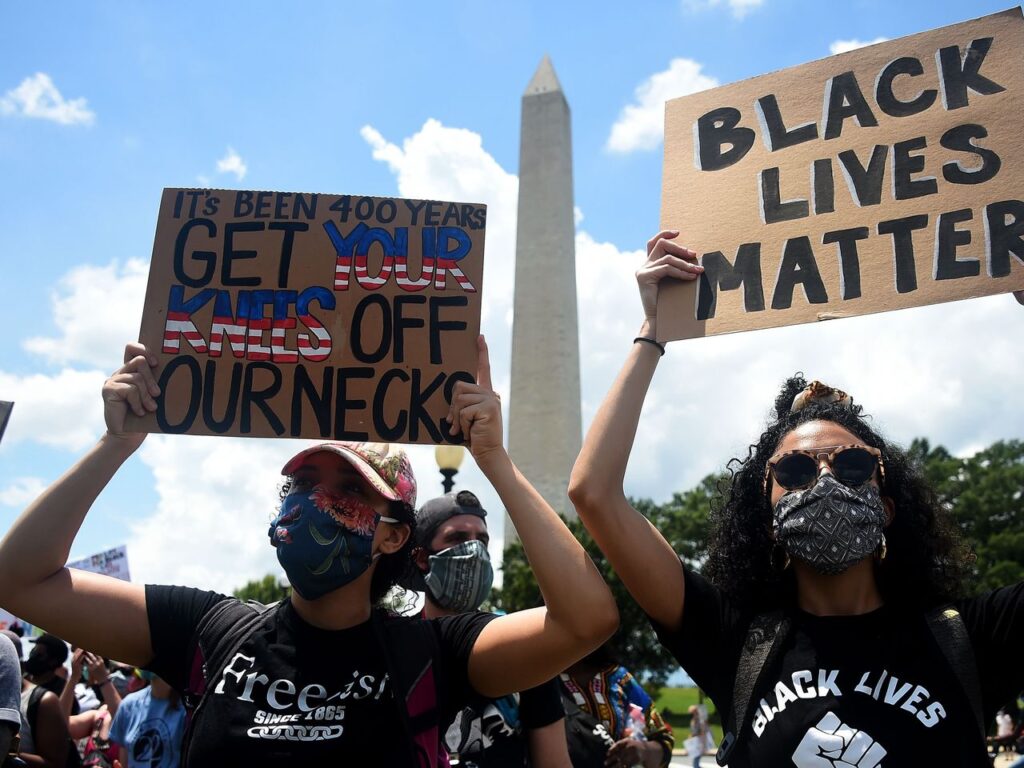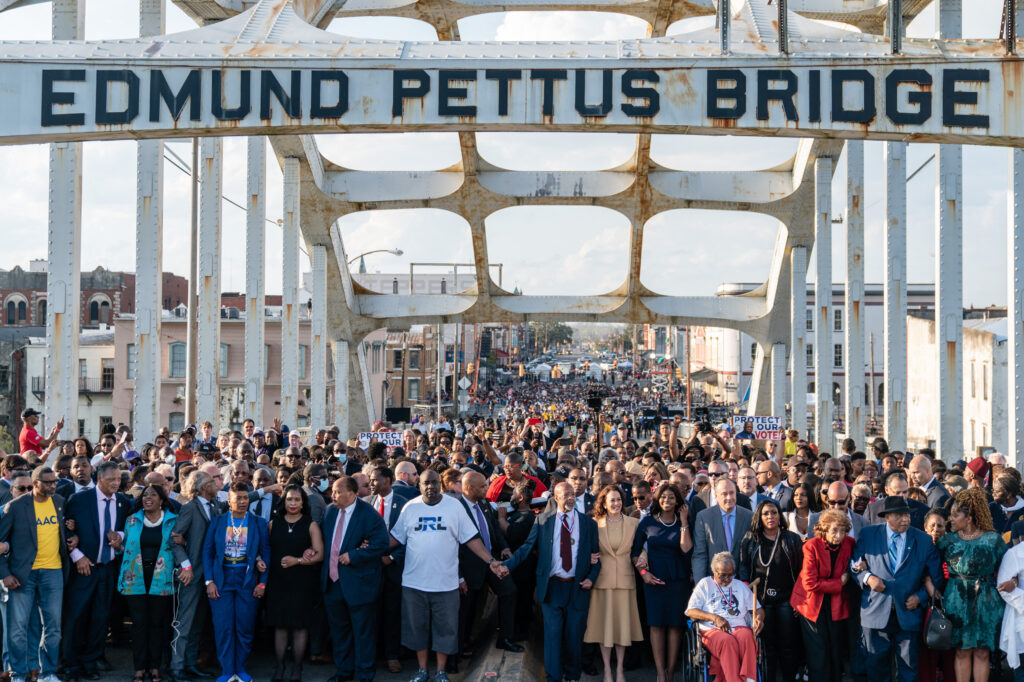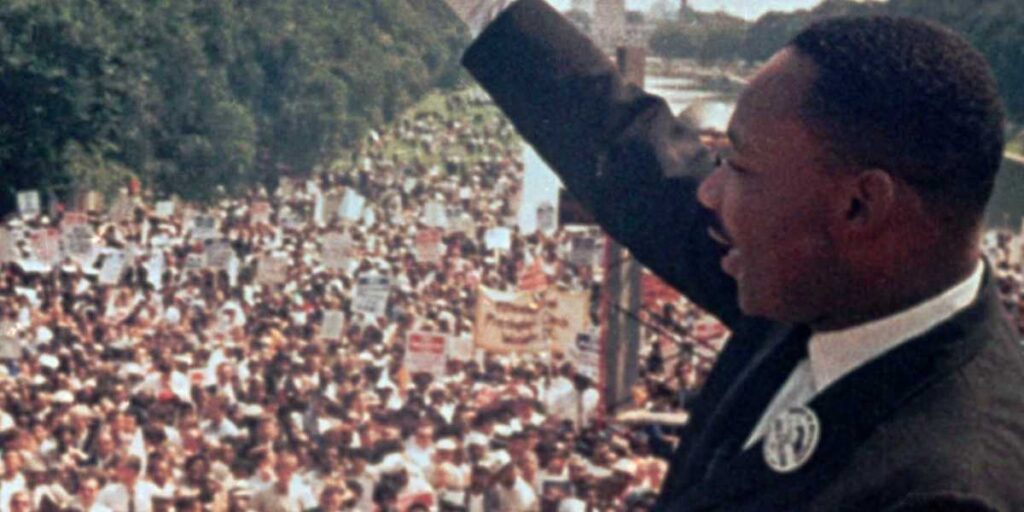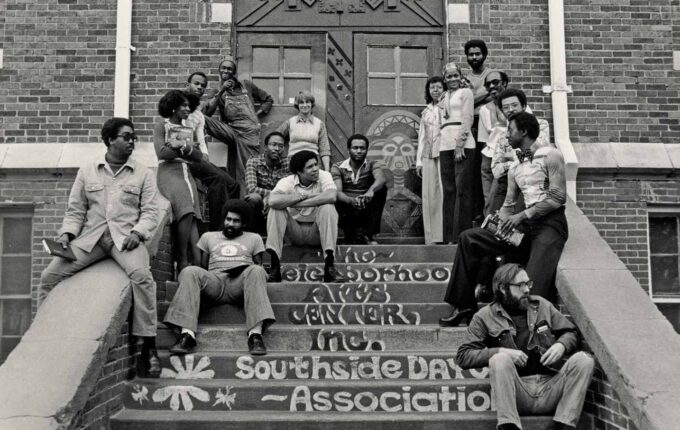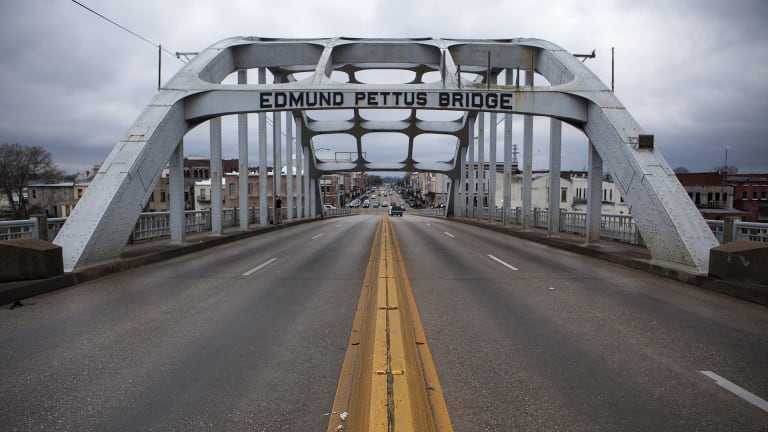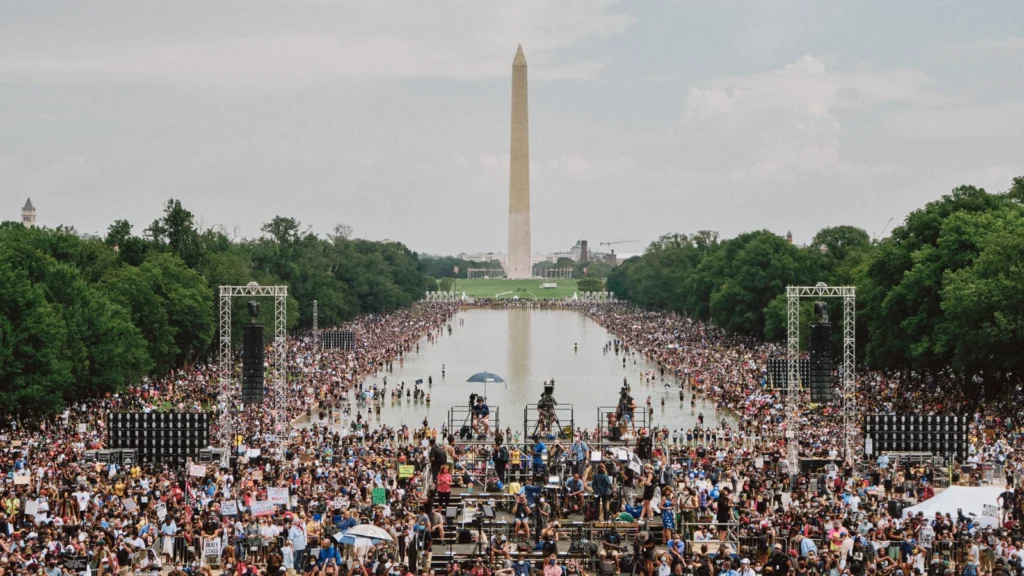Are HBCUs doing enough to commemorate Black history?
By Ja’Kaiya Y. Stephens February marks the observance of Black History Month, a time dedicated to honoring the rich heritage and significant contributions of African Americans throughout history. As some reflect on this important cultural experience, it is pertinent to examine the efforts of Historically Black Colleges and Universities (HBCUs) in commemorating this occasion. Are HBCUs doing enough to uphold the legacy of Black history within their institutions and beyond? HBCUs have long been pillars of empowerment and education within the African American community. From their inception during the era of segregation to the present day, these institutions have served

